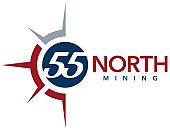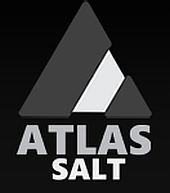 West High Yield receives gap analysis report from SRK
West High Yield receives gap analysis report from SRK
WEST HIGH YIELD ANNOUNCES CORPORATE DEVELOPMENTS
SRK Consulting (U.S.) Inc. of Lakewood, Colo., has completed a project review (gap analysis) report for West High Yield (WHY) Resources Ltd., which has been filed on the company’s SEDAR profile and is also available on the company’s website.
SRK independent project review gap analysis
On June 4, 2013, the company released the results of a preliminary economic assessment on its 100-per-cent-owned Record Ridge project. The Record Ridge property is an intermediate-advanced-exploration-stage magnesium project located in southern British Columbia, Canada. The preliminary economic assessment was prepared by SRK and was filed on the company’s SEDAR profile and is also available on the company’s website.
The preliminary economic assessment presumes a conventional open-pit mine, a novel hydrometallurgical processing plant, a calcined magnesia intermediate product plant, along with a fused magnesia production plant with pretax net present value (using a 5-per-cent discount rate) of $1,339-million (U.S.) and internal rate of return of 21 per cent, and an after-tax net present value (using a 5-per-cent discount rate) of $830-million (U.S.) and after-tax internal rate of return of 17 per cent.
As noted, SRK prepared a project review gap analysis in respect of the company’s Record Ridge project. SRK reviewed the available documentation and information pertaining to the Record Ridge project and commented on its sufficiency for use in a prefeasibility study. SRK conducted a desktop review of the minimum reporting requirements for a prefeasibility study and assessed gaps that should be addressed prior to or over the course of the study. SRK provided the following as a result of this review:
- A list of those gaps in the company’s currently available data and information that should be addressed in a prefeasibility study;
- General recommendations for how those gaps can be remedied;
- A conceptual budget and schedule for completion of a prefeasibility study based on assumptions that the gaps can be addressed either prior to or as a part of the prefeasibility study.
http://whyresources.com/news/2014/
































